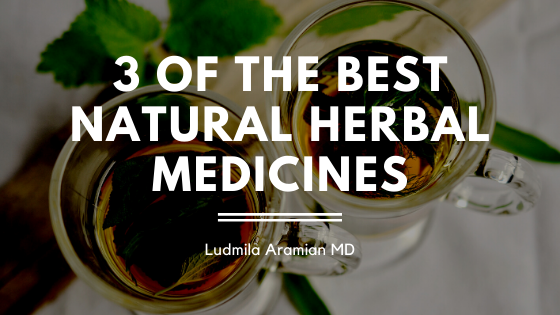Ever since medicine was created, many people around the globe have relied on old-fashioned herbal remedies to cure their illnesses and maintain wellness. Even with state of the art technology, the need for herbal remedies worldwide is increasing. The herbal remedies industry is estimated to generate over $60 million a year. The reason for the popularity and growth? Herbal medicine is a lot cheaper and accessible in some areas than state-of-the-art medicine. Herbal medicine is also more natural, which appeals to consumers who are looking to decrease their reliance on chemically produced medicines. Not all herbal medicines work, but listed below are the 4 best natural herbal medicines along with its benefits and uses.
Ginseng is a plant in which the roots are used to make tea or dried to make a powder. Typically, the plant is commonly used in Chinese medicine for reducing inflammation and to boost the immune system, brain health, and increase energy. While there are several variations of the Ginseng plant, there are two that are the most prominent: Panax ginseng and Panax quinquefolus. Panax ginseng comes from the region of the Americas. This ginseng is known for its relaxing properties. Panax quinquefolius, an Asian ginseng, has the opposite effect promoting more energy. Ginseng is relatively safe, unless you use it long-term. Some of the side effects associated with long-term use include headaches, poor sleep, and digestive issues.
St. John’s Wort:
SJW is an herbal remedy based on the plant Hypericum perforatum; a small group of yellow flowers extracted to produce tea, capsules, or extracts. In previous times, it was used to assist healing wounds and treat insomnia, depression, and numerous kidney and lung diseases. Today, studies have shown that the use of SJW matches or beats the potency of some conventional antidepressants. On the other hand, there is insufficient evidence to suggest potency or effectiveness for people who suffer from severe depression or suicidal thoughts. Some of the side effects associated with SJW with long-term use include dizziness, confusion, dry mouth, and increased light sensitivity. In addition, it’s best to avoid taking SJW if you are taking any medication.
Valerian:
Valerian is a flower with its roots promoting tranquility and a state of calmness. Valerian root comes in two forms: capsule or stems to make tea. In previous times, Valerian Root was used to treat restlessness, tremors, headaches, and heart palpitations. Today, it’s used to help alleviate insomnia and anxiety. Valerian is one of the safer herbal medicines, however, it still does come with side effects. It can lead to headaches and digestive issues if consumed long-term. In addition, talk to your doctor before taking valerian root with any medication.

